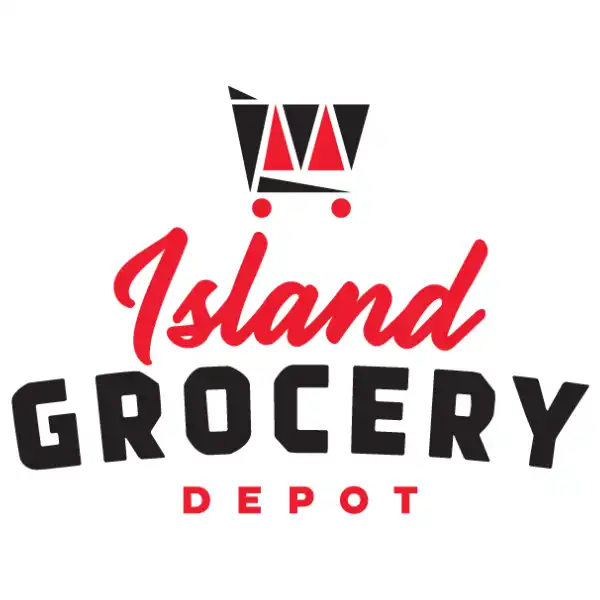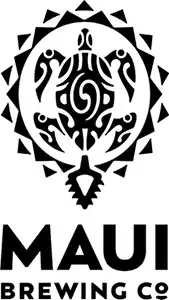Documentary film, “Paper Chase” explores history of Japanese-American news media

“Paper Chase,” a documentary film that delves into the history of Japanese-American news media, will be screened on Sunday, Aug. 13, at the Nisei Veterans Memorial Center. Free showings are scheduled for 11 a.m. and at 2 p.m. at the center located at 665 Kahului Beach Road.
Seating is limited. For reservations, call 808-244-6862 by 4 p.m. Friday, Aug. 11.
Presented by the Zentoku Foundation, “Paper Chase” (2021) unveils the remarkable, yet relatively unknown, story of Japanese and Japanese-American journalists who have chronicled the Japanese immigrant community’s experiences in the United States and Canada since the late 1800s. These publications have played a vital role in bringing together Japanese communities and celebrating their shared heritage.

The Zentoku Foundation, dedicated to promoting and strengthening Japanese-American culture, seeks to create pathways for each generation to connect with one another. Through “Paper Chase,” the foundation shares inspiring stories that shed light on the struggles and triumphs of the Japanese-American community.
One of the prominent publications featured in the documentary is the Rafu Shimpo, the nation’s leading Japanese-American newspaper. Since its establishment in 1903 in Little Tokyo, in downtown Los Angeles, the Rafu Shimpo has been a trusted source of news and information for the Japanese-American community.
The executive producer of “Paper Chase” is Ellen Endo, former managing editor of the Rafu Shimpo. She will attend the NVMC showing in person and take questions from the audience following the presentation.
Reflecting on the history of Japanese immigrants, Endo tells how early immigrants dispersed across North America, with some working in farming and others on railroads. As she states on discovernikkei.org: Japanese newspapers began to emerge in different regions, initially publishing news from Japan but soon evolving into a vital resource for the community’s needs, such as job opportunities and housing options.
These Japanese publications focused on news that often went overlooked or ignored by mainstream media. However, in today’s digital and social media-dominated landscape, Japanese media outlets, including the Hawaii Herald, The Rafu Shimpo, Chicago Shimpo, North American Post, Nikkei West, and Nichi Bei Weekly, face significant challenges to their survival.
The Hawaii Herald, which traces its roots back to 1912 when Fred Kinzaburo Makino founded the Hawaii Hochi to serve the Japanese community, has had its own transformative journey. In 1942, following Japan’s attack on Pearl Harbor, the publication changed its name to be more “American.”
“Paper Chase” is an extraordinary testament to the resilience and perseverance of Japanese-American news media throughout history. By bringing this documentary to the Nisei Veterans Memorial Center, the Zentoku Foundation honors the legacy of Japanese-American journalism and aims to inspire future generations.
The Nisei Veterans Memorial Center ignites the potential in people by inspiring them to find the hero in themselves through the legacy of the Nisei Veterans. NVMC owns and manages an intergenerational campus on “Go For Broke Place” in Kahului that serves as a home for Kansha Preschool, Maui Adult Day Care Center’s Oceanview facility, the Stanley Izumigawa Resource Center, the NVMC Education Center and Archives. To learn more, visit www.nvmc.org.









